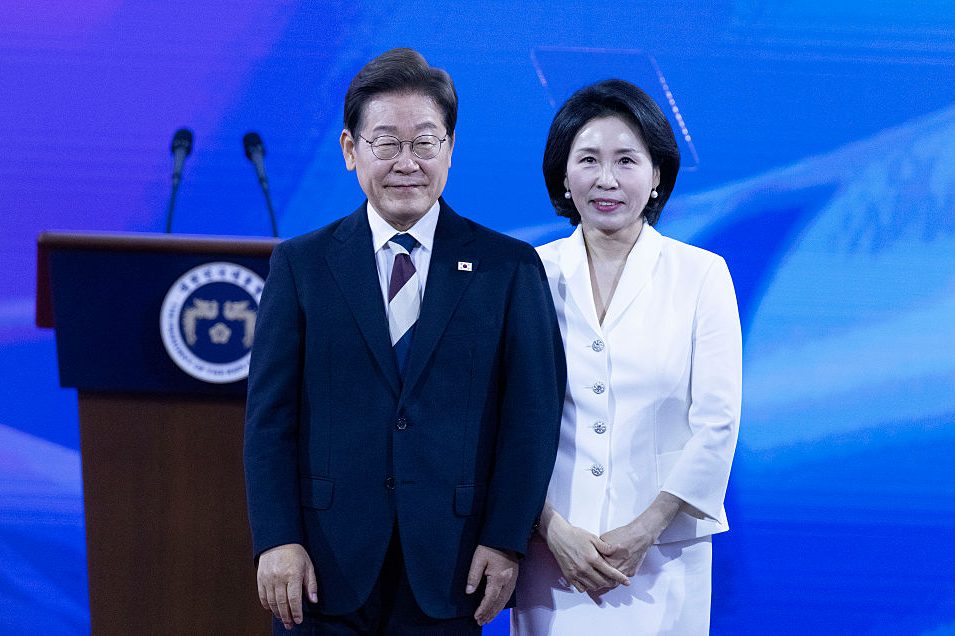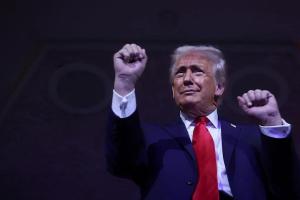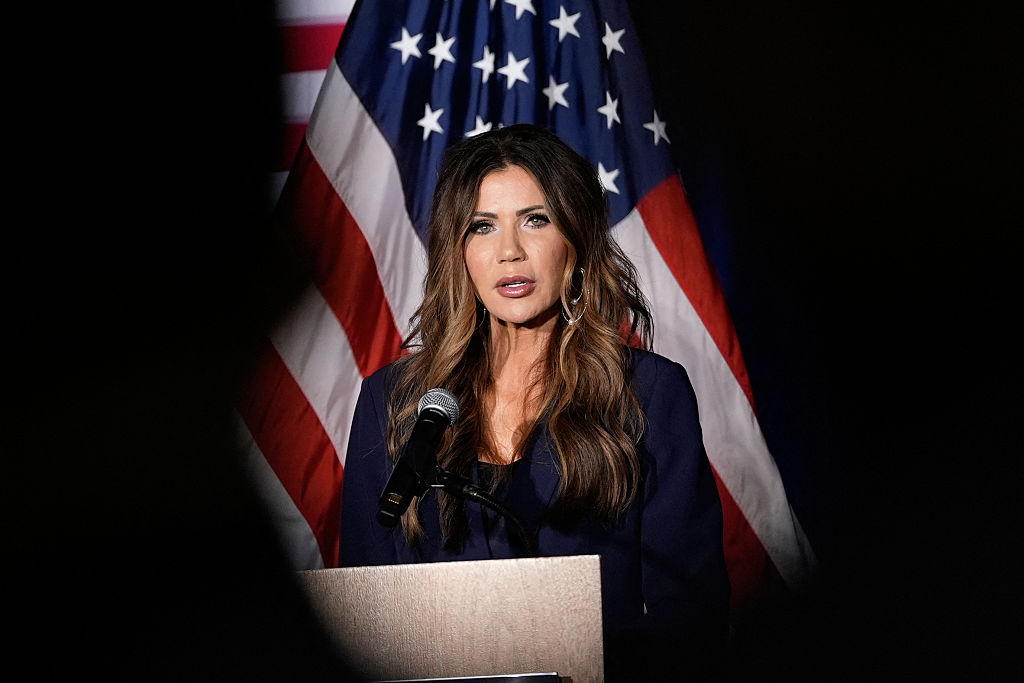American divisions over politics look positively civil compared to the polarization that has gripped South Korea over the last few years.
During the 2022 elections, Yoon Suk-yeol of the conservative People Power party (PPP) narrowly won the presidency over his liberal opponent Lee Jae-myung from the Democratic Party by a razor thin 0.73 percent.
But Yoon hastened the demise of his own presidency when on December 3, 2024, he made the poor decision to declare martial law over baseless accusations that the National Assembly’s progressive opposition were collaborating with North Korea.
Martial law lasted for only a few hours after both parties unanimously voted to lift the decree. South Korea’s disgraced president was arrested, formally impeached and officially removed from office in April.
Rising from the ashes of his 2022 defeat, Lee won the snap election on Tuesday by over eight percentage points and will immediately take the presidency.
Lee, like most of the Korean left, takes a skeptical position towards the US. He has long been critical of the previous administration’s close ties to the US, calling Yoon’s focus on “values-based diplomacy” ineffective and instead advocating for more proactive interactions with authoritarian states like China. The very real fear is that his government will try to rebuild a better relationship with Xi Jinping.
Opponents on the Korean right accuse the former human rights lawyer of being a communist, or at the very least flirting dangerously with authoritarian regimes. While Lee publicly advocates for continued strong ties with the US, he is cautious of provoking China, Russia and North Korea.
And with President Trump imposing tariffs of 25 percent on South Korea, there is now a higher chance than ever that Seoul will pivot to Beijing for trade. The majority of American tariffs on South Korean exports are currently on a 90-day pause, but that grace period ends on July 8.
If the Lee administration does move closer to China and more estranged with the United States – especially amid the growing isolationist wing among MAGA Republicans – the future of Taiwan could be in serious jeopardy. If the relationship with the US fractures, Xi might feel the opportunity ripe for invasion of the island.
But Lee and Trump might yet get on. Both men have survived near-miss assassination attempts, which gives them a personal connection. Trump avoided a bullet which grazed his ear during a rally in Pennsylvania last summer, while Lee survived being stabbed in the neck in January 2024. During an interview with TIME on the campaign trail, he smartly played to Trump’s ego with the dubious claim that his brush with death was less severe.
And like Trump he has been dogged by scandal ranging from alleged extramarital affairs to more serious charges of corruption and bribery. He is the subject of several ongoing lawsuits and was previously convicted for violating the Public Official Election Act over alleged false statements made during his 2022 election campaign – but this was overturned by Seoul’s Constitutional Court earlier this year.
Lee’s most recent public statements advocate for the continued presence of US troops on the Korean Peninsula and he has expressed willingness to come to a deal with Trump on defense cost-sharing.
The other major issue that could unite the two presidents is North Korea. Lee has repeatedly advocated for a return to peace talks with the hermit kingdom. Trump famously made diplomacy with Kim Jong-un a significant priority during his previous administration.
During his inauguration speech this week, Lee affirmed that “peace is still cheaper than war” and vowed to pursue diplomacy with Pyongyang in a notable departure from his predecessor. North Korea has yet to respond to the new administration.
Yet the more things change, the more they stay the same. Trump walked away from the negotiating table in 2019 when it became clear that the North Koreans had no interest in denuclearizing. Without the removal of US sanctions, there was little reason for Pyongyang to continue talks with Seoul. In the ensuing years since, Kim Jong Un has only doubled down on his commitment to advance the DPRK’s nuclear weapons program.
But Lee could find an opening to negotiate with Kim Jong-un and bring Trump into the picture if he focuses on Ukraine. Lee’s stated position is that he does not want South Korea to send lethal aid to Ukraine, arguing that it would be akin to directly fighting the North Koreans themselves. Pyongyang is providing Vladimir Putin with over 10,000 soldiers.
If South Korea’s newly elected president acts wisely he might be able to position himself as a partner for the US in dealing with North Korea – and potentially reap positive repercussions over tariffs. But his rightwing critics are certainly not holding their breath that the man they view as communist will be able to achieve anything like a close relationship with the arch-capitalist Trump administration.
Will the new ‘communist’ leader of South Korea abandon the US for China?
Lee Jae-myung won the snap election on Tuesday by over eight percentage points

outh Korean President Lee Jae-myung and his wife Kim Hea Kyung attend his inauguration (Getty)
American divisions over politics look positively civil compared to the polarization that has gripped South Korea over the last few years. During the 2022 elections, Yoon Suk-yeol of the conservative People Power party (PPP) narrowly won the presidency over his liberal opponent Lee Jae-myung from the Democratic Party by a razor thin 0.73 percent. But Yoon hastened the demise of his own presidency when on December 3, 2024, he made the poor decision to declare martial law over baseless accusations that the National Assembly’s progressive opposition were collaborating with North Korea. Martial law lasted for…

























Leave a Reply